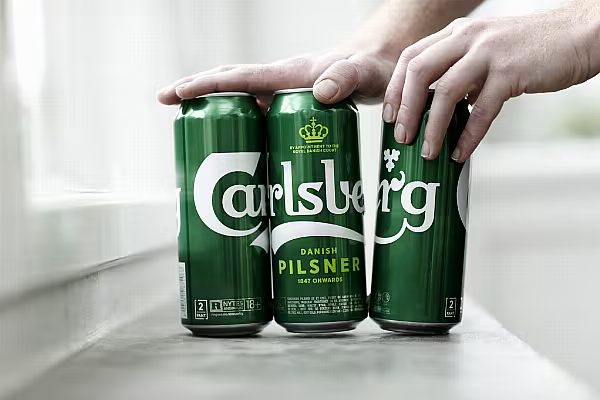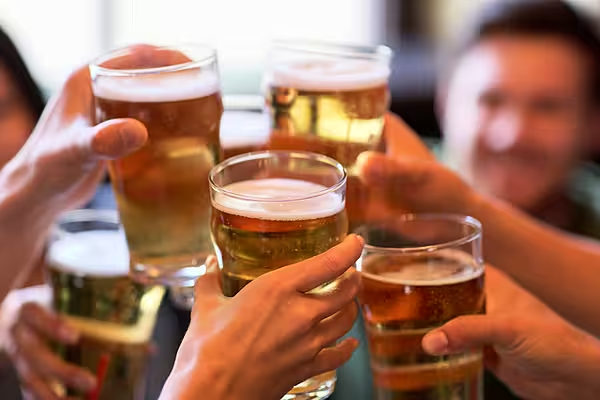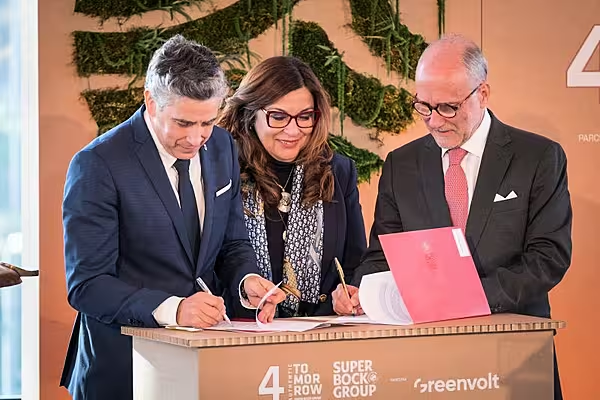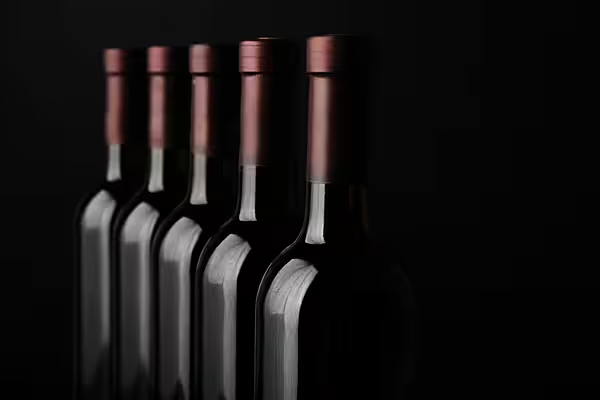Danish brewer Carlsberg's sales rose last year, for the first time in three years, helped by strength in China and the long, hot summer in Northern Europe and Russia, but it warned that it expects slower growth in 2019.
Growth in craft, speciality and alcohol-free beer also helped drive 2018's return to revenue growth, which sparked an almost 4% gain in its shares on Wednesday, to their highest level since early September.
The world's third-largest brewer, behind Anheuser-Busch InBev and Heineken, has been through a major cost-cutting programme since chief executive Cees 't Hart took over in 2015, intended to help redress a decade of weakness in its key market, Russia.
'Difficult To Predict'
"It's difficult to predict what the summer will be like, but in 2019, the top line will probably be a bit more modest after such a strong year," Hart said in a conference call.
The brewer expects operating profit to grow by a mid-single-digit percentage in 2019, well below last year's 11%.
Overall, sales rose by 3% in 2018. Fourth-quarter sales stood at 13.95 billion Danish crowns (€1.9 billion), above the 13.51 billion crowns (€1.8 billion) expected by analysts in a Reuters poll.
Sales In Russia
Carlsberg took control of Russian brand Baltika in 2008, shortly before the Russian market was hit by a weak economy and advertising restrictions and tax hikes to curb drinking.
Russia, which accounts for around a fifth of sales, remains challenging. While the Russian beer market grew last year, for the first time since 2007, driven by warm weather and the soccer World Cup, Carlsberg reported that it lost market share in the final quarter, as it increased prices.
Hart said that he expects flat growth in Russia's beer market this year.
Price Mix
The company noted that its price mix, which indicates if the company sold more of its expensive beers, was positive in most markets, most notably in China, where it sold more of its premium beer brands.
The Chinese market is driven by international premium beer brands, which sell at two to three times the price of mainstream brands. Hart said that he saw no signs of a slowdown in consumers' buying power in China.
The company reported that it would initiate a 12-month share buy-back programme of 4.5 billion crowns (€600 million). Carlsberg's board will propose a dividend of 18 crowns (€2.41) per share, slightly below the 18.30 crowns (€2.45) expected by analysts in the poll.
News by Reuters, edited by ESM. Click subscribe to sign up to ESM: European Supermarket Magazine.














